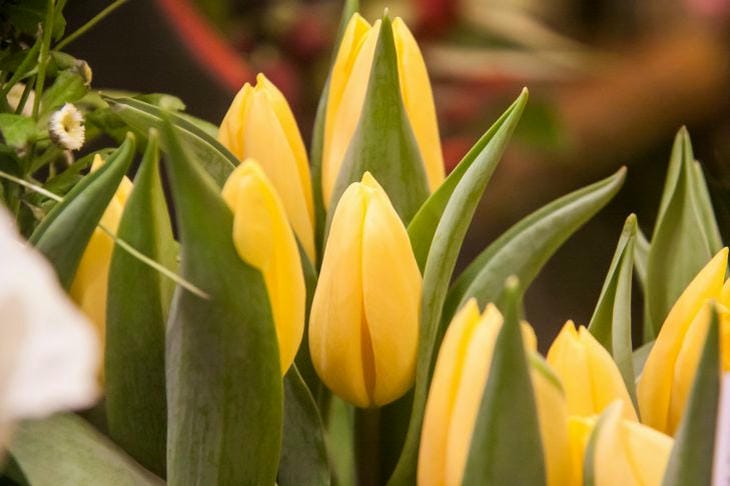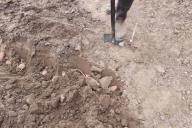Mulching is an effective way to protect the soil and improve growing conditions for most garden crops.
However, there are plants for which this method of care can be destructive.
It is important for gardeners to know the characteristics of each crop so as not to harm their green pets.
Bulbous Plants vs. Mulch
Many bulbous plants react negatively to mulching. Tulips, daffodils, crocuses need well-drained soil and air access to the bulbs.
The covering material can create excess moisture, causing the development of fungal diseases and rotting of the bulbs.

Plants of arid regions
Succulents and cacti are opponents of mulching. The natural conditions of their natural habitat are characterized by a minimum amount of organic material on the soil surface.
Mulch can hold excess moisture, creating an unfavorable environment for root development for these drought-tolerant plants.
Annual flowers with self-seeding
Calendula, cosmos, and nasturtium are plants that actively reproduce by self-seeding.
A thick layer of mulch prevents the natural process of seed dispersal and germination. Gardeners are advised to leave the soil around such plants open to ensure successful self-seeding.
Plants of dry alpine slides
Ground cover plants of alpine slides prefer to grow in conditions as close to natural as possible.
Dwarf phlox, sedum, and young react negatively to the presence of organic mulch. Natural stone is the best material for decorating the space around these plants.
Heat-loving vegetable crops
Eggplants, peppers, tomatoes need well-warmed soil at the beginning of the season. Mulching slows down the soil warming process, which can lead to delayed plant development and reduced yields. Such crops should be mulched only after the soil has warmed up steadily.
Plants of wet areas
Moisture-loving plants growing in lowlands or near bodies of water often suffer from excess organic material.
Marsh irises, marsh marigold, and lisichthyes do not require additional moisture retention. Mulching can cause the root system of such plants to rot.
Features of plant care without mulch
Plants that do not respond well to mulching require alternative care methods.
Regular loosening of the soil, timely watering, and the use of mineral fertilizers help maintain optimal conditions for their development.
It is important to control weed growth mechanically or use spot weeding.
Seasonal aspects
Plants' needs for soil surface protection vary throughout the year. In spring, most crops require free access to sunlight to warm the soil.
In summer, some plants may respond positively to a light mulch of sand or fine gravel that does not impede the evaporation of excess moisture.
Problem prevention
Gardeners are advised to carefully study the requirements of each crop before using mulch.
Monitoring the condition of plants and timely adjustment of care methods allows you to avoid the negative consequences of improper use of covering materials.








